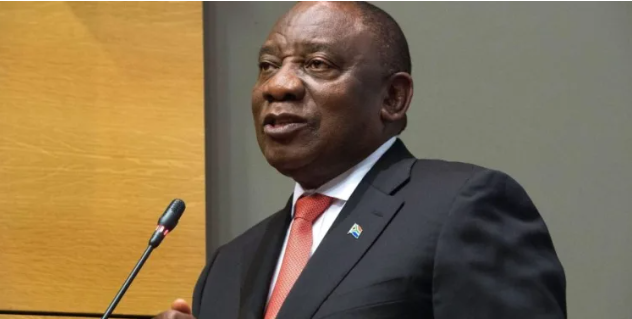South Africa has extended Fuel Subsidies to August 2022.
Newsonline understands that in a bid to ease the increased oil costs as a result of Russia’s conflict with Ukraine, South Africa wants to extend its fuel subsidy for another two months.
To make this happen, South Africa’s finance minister, Enoch Godongwana, wrote to the speaker of the National Assembly, requesting that a two-month proposal be made to extend the general gasoline charge drop.
The proposal is expected to have an impact on the budgetary framework because it will not be funded by strategic oil stock sales.
What you should know
This will be accomplished by extending the R1.50 per litre respite from June 1 to July 6, 2022. The relief will then be reduced to 75c per litre for the second month, from July 7 to August 2, 2022. The temporary respite will expire on August 3rd.
- The cost of prolonging the fuel levy cut is anticipated to be 4.5 billion rands ($288 million) in lost revenue, according to a joint statement from the National Treasury and the Department of Mineral Resources and Energy, adding that it remained committed to the 2022 budgetary framework.
- The energy department will also remove a demand-side management fee of 10 cents per litre on 95-grade gasoline beginning in June, and it is suggesting that the basic fuel price be reduced by 3 cents per litre in the coming months.
- Even with the additional measures, it stated in a separate statement that the petrol pump price will rise by up to 243 cents per litre beginning in June, and the diesel price would rise by up to 110 cents.
Earlier this month the central bank unveiled its biggest rate hike in more than six years, citing fuel prices among risks to the inflation outlook.
The Nigerian government subsidizes fuel in Nigeria and has been under pressure to withdraw the subsidies. However, pushback from labour and other civil organizations has kept the subsidies in place for decades. Diesel which is a more critical source of backup energy for businesses relying on it to power their alternative supply has more than doubled in price since the crisis started. Diesel is not subsidized in Nigeria.














